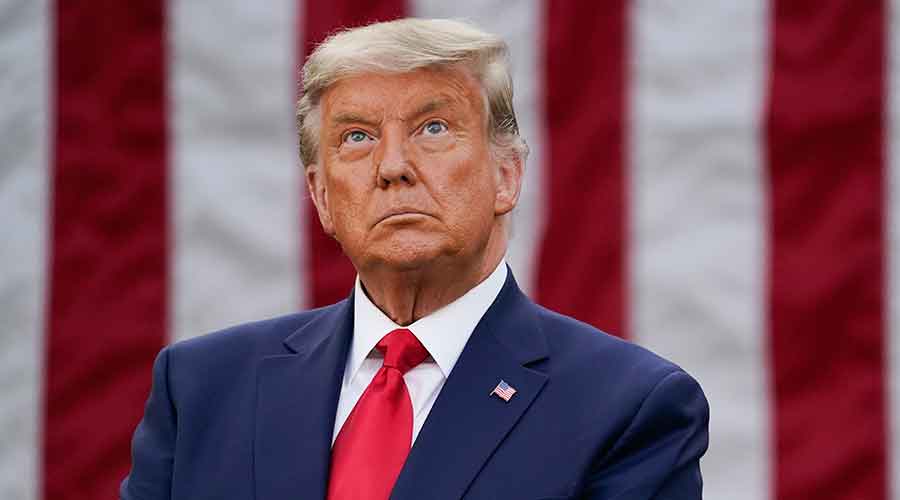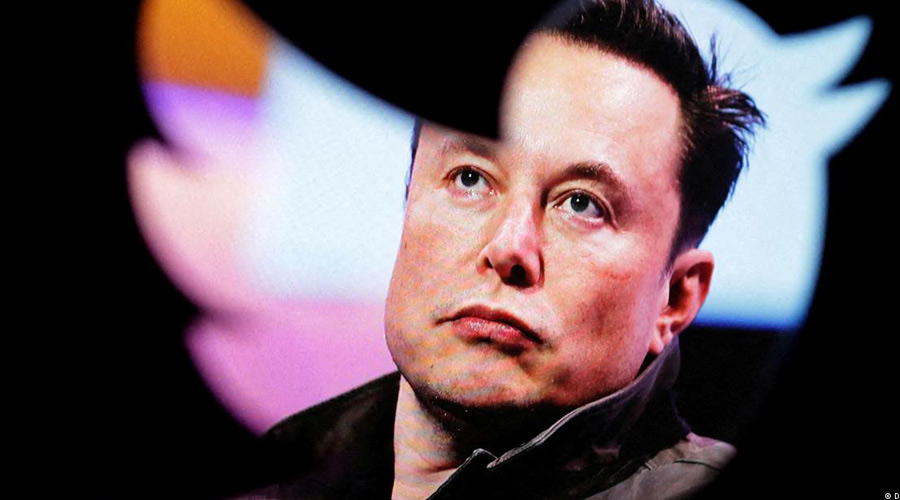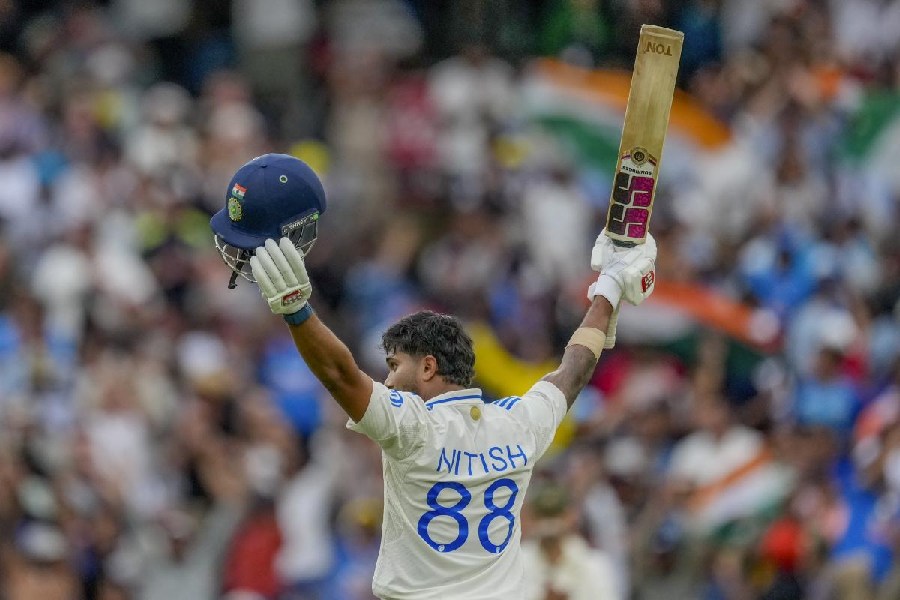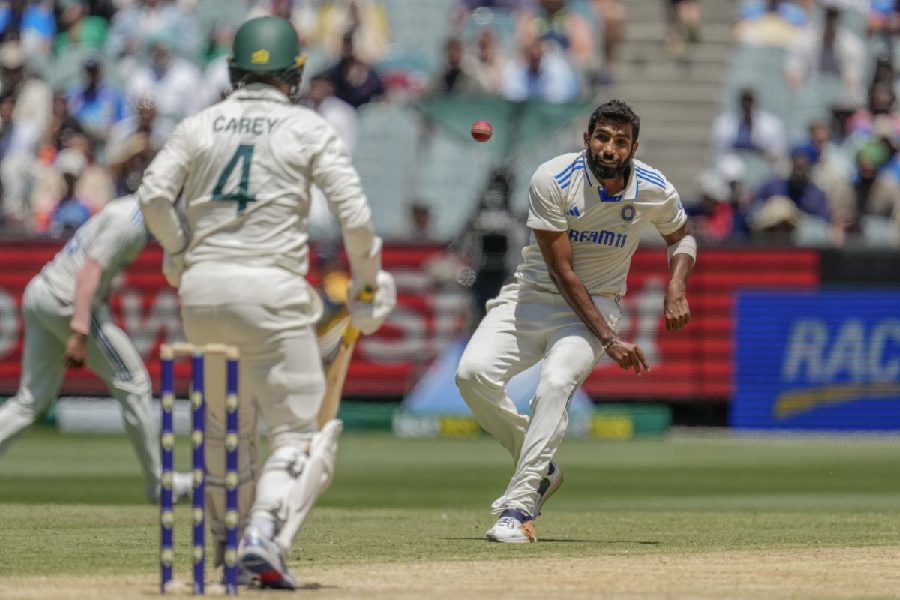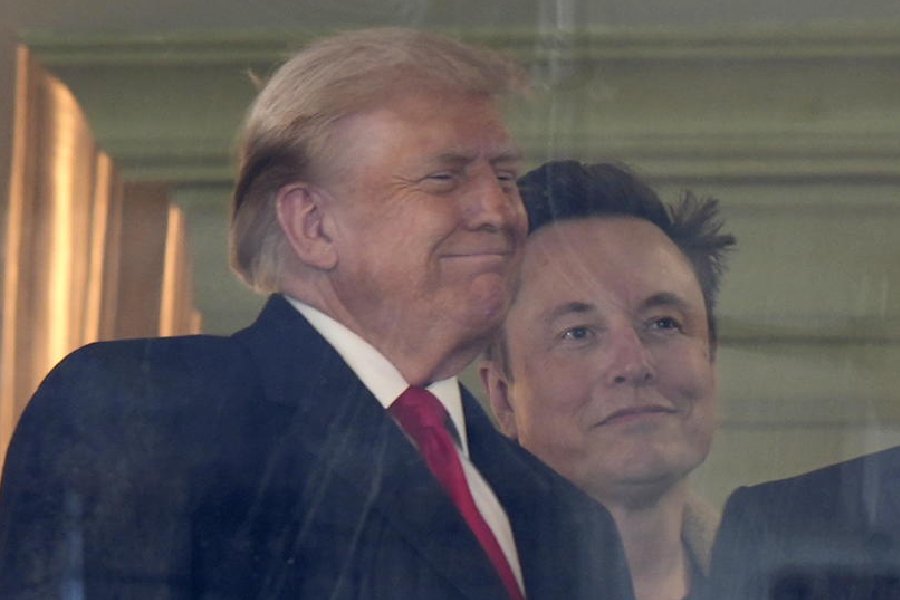Elon Musk said on Twitter on Saturday that he would reinstate former President Donald J. Trump to the platform as part of a shake-up of the social media service, with Trump’s account quickly showing up again on the site.
Musk, who bought Twitter for $44 billion last month, had run a poll on the platform starting late Friday afternoon about whether to allow Trump back onto the service. Twitter had barred Trump after the riot on Jan. 6, 2021, at the U.S. Capitol, saying his posts had the risk of inciting violence.
More than 15 million people voted in Musk’s poll about whether to reinstate Trump, according to the results that Musk included in his tweet, with nearly 52 percent saying the former president should be allowed to return. Trump’s Twitter account went live shortly after, though the former president’s last tweet was from Jan. 8, 2021.
“The people have spoken,” Musk said on Twitter. “Trump will be reinstated.” He added the Latin phrase “Vox Populi, Vox Dei,” which roughly means that the voice of the people is the voice of God.
Musk and Twitter did not immediately return requests for comment.
Trump, who did not immediately return a request for comment, had announced on Tuesday that he planned to seek the White House again in 2024. Whether Trump will agree to return to Twitter is not clear. He has started his own social network, Truth Social, in which he has a financial stake.
Musk’s reinstatement of Trump’s Twitter account adds to how the billionaire has upended the social media service. Since buying the company, Musk has slashed its one-time 7,500-person workforce, pushed to develop new products and has tweeted about his various plans for the service. Musk has long been a self-described “free speech absolutist” and in May had said that he would reverse the permanent ban of Trump on Twitter and let him back on the social network.
But Musk had hit pause on changing the content rules around Twitter after completing his buyout of the company. Late last month, he said that Twitter would form a content moderation council to handle major content decisions on the platform and that he would not make any moves on account reinstatements “before that council convenes.”
Trump’s return to Twitter raised immediate concerns from misinformation experts and others. The former president had used Twitter as a megaphone during his presidency to praise, cajole, lobby and put forward his version of events. He often spread inaccurate information and occasionally announced policies even before his own staff had been told. Before the 2020 presidential election, Trump had tweeted comments that sowed doubt about the integrity of the vote.
If Trump reverts to the same kind of content that he has been sharing on Truth Social, he could make Twitter a “hotbed of hate, harassment and incitement,” said Joan Donovan, the research director at Harvard’s Shorenstein Center on Media, Politics and Public Policy, which has studied the proliferation of misinformation.
Trump’s return to Twitter was likely to be a boost for his personal brand because he can now reach a far wider and more influential audience, she said.
“The difference between Twitter and Truth Social isn’t just a matter of degree. It’s a matter of influence — global leaders, journalists, technologists, celebrities, culture makers, these are the people that are on Twitter,” Donovan said. Even if Trump simply tweets links to his posts on Truth Social, it would bolster his brand, she said.
Last month, Trump declared himself “very happy that Twitter is now in sane hands.” In a post on Truth Social at the time, Trump added that he was glad Twitter “will no longer be run by Radical Left Lunatics and Maniacs that truly hate our country.”
Trump has vacillated in his opinions of Musk. In July at a rally in Alaska, he called Musk an insulting term for apparently supporting his political opponents in the 2016 and 2020 elections even though, Trump said, “He told me he voted for me.” Trump also said that Musk, who was trying to back out of his agreement to buy Twitter at the time, “got a pretty rotten contract.”
Alex Stamos, the director of the Stanford Internet Observatory, said it was “odd” that Musk, who has spent months complaining about Twitter’s problem with bot accounts, would use a Twitter poll in which bots could be voting to decide the issue and then assume that the result “reflects some kind of legitimate ‘voice of the people.’”
“It is definitely possible for small groups to create large numbers of accounts to manipulate features like polls,” he added.
New York Times News Service

